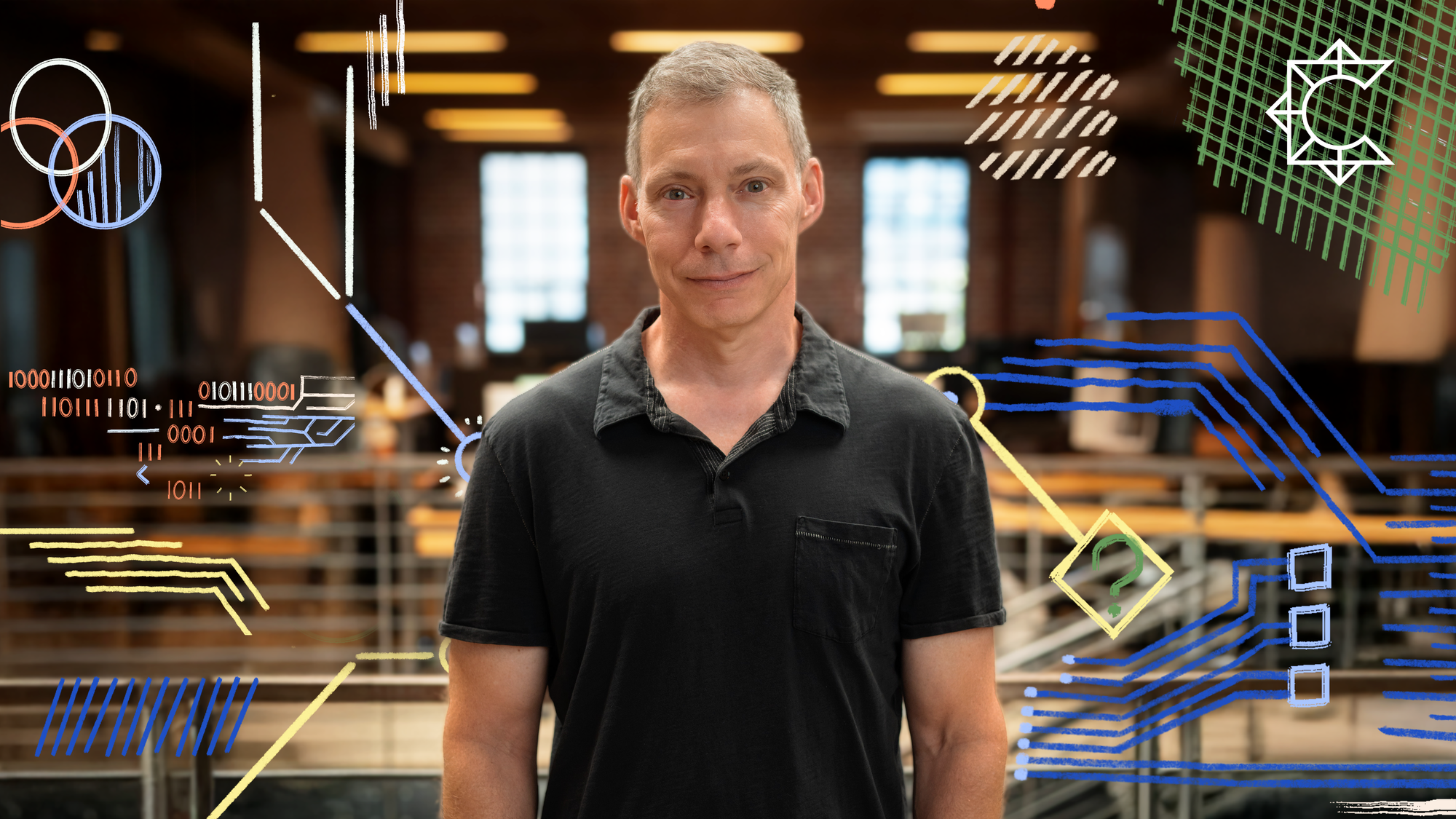Mark Jacobstein Joins SPC as Visiting Partner

We are thrilled to announce that Mark Jacobstein has joined South Park Commons as a visiting partner. For 30 years, Mark has been at the forefront of major platform shifts, from the birth of the internet and mobile to the rise of AI and ‘omics-powered’ biotech. As a self-described “dedicated generalist,” he's built and led companies by spotting systemic changes early and leveraging them to create products people love.
In 1994, Mark founded the world’s first online fantasy sports company: Small World Sports. He spun out one of the earliest web agencies, co-founded mobile games pioneer Digital Chocolate with Trip Hawkins, joined a young Sam Altman at Loopt, and later led mobile startup iSkoot through its acquisition by Qualcomm. More recently, he helped grow diagnostics leader Guardant Health through IPO, built the business at immunotherapeutics unicorn Immunai, co-founded Jimini Health, and started Near Horizon, where he partnered with founders to co-create new companies. At every step, Mark has been driven by optimism, creativity, and a knack for pulling insights across domains to uncover the bigger opportunity. Welcome Mark!
What drew you to SPC?
Mark: The “minus one” journey isn’t just talk; I see it all the time. When you overlook an opportunity to build bigger, you’re committing the cardinal entrepreneurial sin of omission. Looking back, there were plenty of times when a community like SPC would’ve pushed me toward building something greater. It’s just as hard to build a pretty good company as it is to build a world-changing one. So why not be patient and challenge yourself? SPC has a rare mix of optimism and discernment that makes the "minus one" mindset real. If we get this right, I believe SPC can fundamentally change how venture-backed entrepreneurship works and earn its own chapter in Sebastian Mallaby’s "The Power Law".
You’ve worked closely with many founders and have been a founder yourself. What do you think great founders have in common?
Mark: The founders I’ve worked with are all brilliant, but there are so many smart people in Silicon Valley who aren’t great founders. Sam [Altman] possesses authentic vision and limitless confidence. People really believe in the vision he’s articulating. Trip [Hawkins] is a phenomenal business strategist, and Illkka [Panannen], the founder of Supercell, is an incredible leader who generates great loyalty. I told him he’d be the Prime Minister of Finland one day and I still believe it.
How do you recognize when a frontier technology is worth betting on? Are there under-explored areas you're interested in?
Mark: Humans tend to extrapolate linearly, but the most interesting things don’t grow that way (the internet, mobile phones, etc.). The key is being able to make those creative leaps in extrapolation. Like any skill, it takes practice. It also helps to live in Silicon Valley, where the future is constantly being built. SPC feels like a concentrated version of that ecosystem. When you work in this environment long enough to see people building things that weren’t possible last year, and then the next year everyone takes it for granted, it makes the next extrapolation a little easier to see. Personally, I think lighter-weight versions of brain-computer interfaces receive less attention but are very, very important. There’s also incredible work happening with artificial retinas to help people see, and the skin is an underutilized sensory input that could be extended in fascinating ways. And in mental health, non-invasive technology, (while maybe not as precise) can help modulate brain activity in ways that could make a real difference for conditions like depression or anxiety.
How do you hope to spend your time with members at SPC? What kinds of conversations excite you most?
Mark: I’m a product person at heart. I want to know what you’re building, why, and for whom. I love kicking around ideas with founders, exploring user reactions and practical business realities. As an advisor, it's rare to bring a unique insight. But if you come to me with seven different things you’re hearing, I can usually tell you which six are just noise and which one deserves your full attention. It’s about pattern recognition. I enjoy pulling on threads from the many industries I’ve worked in. I also have the relevant scars (from the dot-com crash, from 2008, from the pandemic) to provide emotional support and advice on how to avoid an iceberg. I want to provide the guidance that I didn’t have early in my career.
